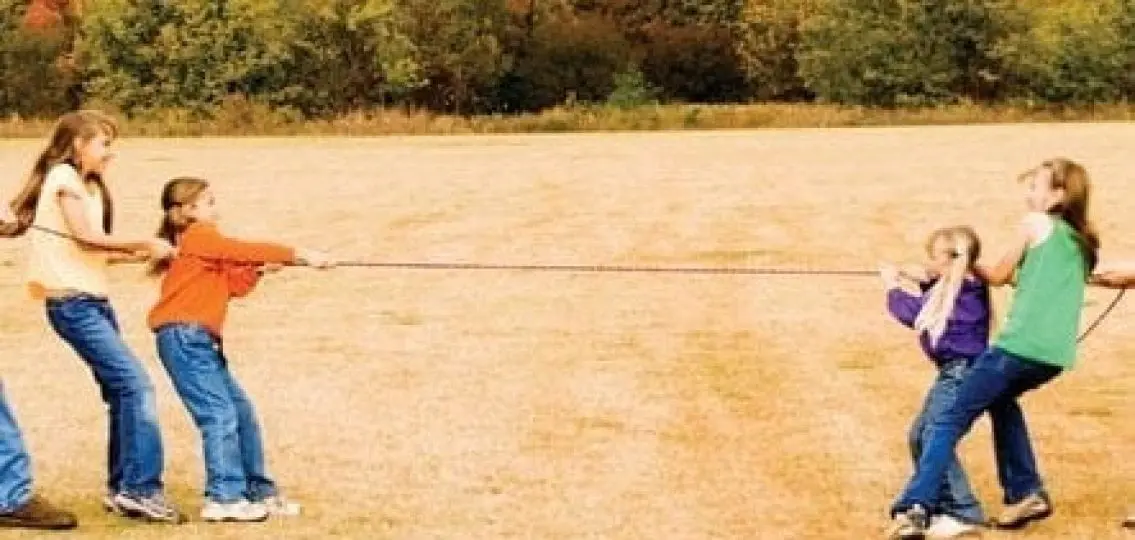When my husband and I first married, it never occurred to me that his then 14-year-old daughter might join us in our new home. At the time, she was very close with her mom and inseparable from her tight group of friends on the other side of town.
I should have known that things could change and regret never having the “what if” conversation with my husband before we married.
Things did change. After witnessing several violent arguments between my stepdaughter and her mother, my husband decided it was in her best interest to live with us. I fought him on this. It was not part of my honeymoon plans, and I did not feel ready to become a full-time parent of a teenager.
I had no children of my own, nor did I intend to have any in the near future. My plate seemed full with a new job, a new husband and a new house. I hadn’t adjusted to any of these changes yet and felt unready to figure out another role as a childless stepmom.
My husband did not understand my resistance. He pointed out that I spent time mentoring kids, volunteering with neighborhood kids and even spoke of someday adopting an older child. He saw me as a good, caring person, capable of being a great role model for his child. And then, he began to wonder why I was so against this. Didn’t I love him enough to make this temporary sacrifice?
I didn’t really have any answers for him. I was embarrassed by my negative feelings and apparent selfishness, and I began to question my feelings toward my husband. Did I not love him enough to take this on or did I just not want to share his attention?
Preparing for a Blended Family
I ended up accepting the situation, on a few conditions. First and foremost, counseling: for myself, for us as a couple, and for the three of us together. If we were going to do this, we needed help from the very beginning.
Second, we needed ground rules. To help me feel some sense of control, I wrote a household rulebook for the three us to review and sign. This included basic rules of behavior, like being respectful of one another, but also rules, like curfews, homework and chores. Creating the book was therapeutic, but the book also set the tone that we would no longer be the fun, “weekend” parents we used to be. We were now the disciplinarians, the providers and the enforcers.
The rulebook succeeded in some ways, but not others. I was able to set the rules, but not enforce them. That was my husband’s job. He struggled with this new role and became frustrated with the resistance from his daughter. However, it did open his eyes to what a huge undertaking this was.
We bonded together in the struggle and savored the rare moments when the three of us felt like a family.
My relationship with my step-daughter is challenging. We don’t fight, but we’re not exactly close either. I struggle to find things in common with her, so I simply try to be an adult she can come to when she needs to talk to someone besides a parent. I try to be a good role model by not lecturing her and by leading by example. I strive to show her kindness, interest, and warmth.
Right now, I don’t get much more in return than dirty looks, snide comments and an occasional mumbled thank you if I drop her off at the mall to meet a friend. But, I’m hoping this will change as she gets older. I try to be sympathetic to her situation.
My husband reminds me that his daughter was once a sweet, smiling baby who adored him. He spent weekends in his early twenties changing her diapers and carrying her around on his back on hikes through the woods. He thinks of these moments when she says mean things or rebels against him.
As a step-parent, I don’t have these memories to fall back on. I don’t have that unconditional love that gets you through raising a teen. My husband is realizing this and becoming more understanding of my position. I’ve realized that his daughter, a part of his life long before me, is now part of our life together.
This article was one in a series about step-families, Click here to read one dad’s story. Click here to read one teen’s story. Click here for suggested responses to, “You’re not my parent.” Click here for expert advice.




